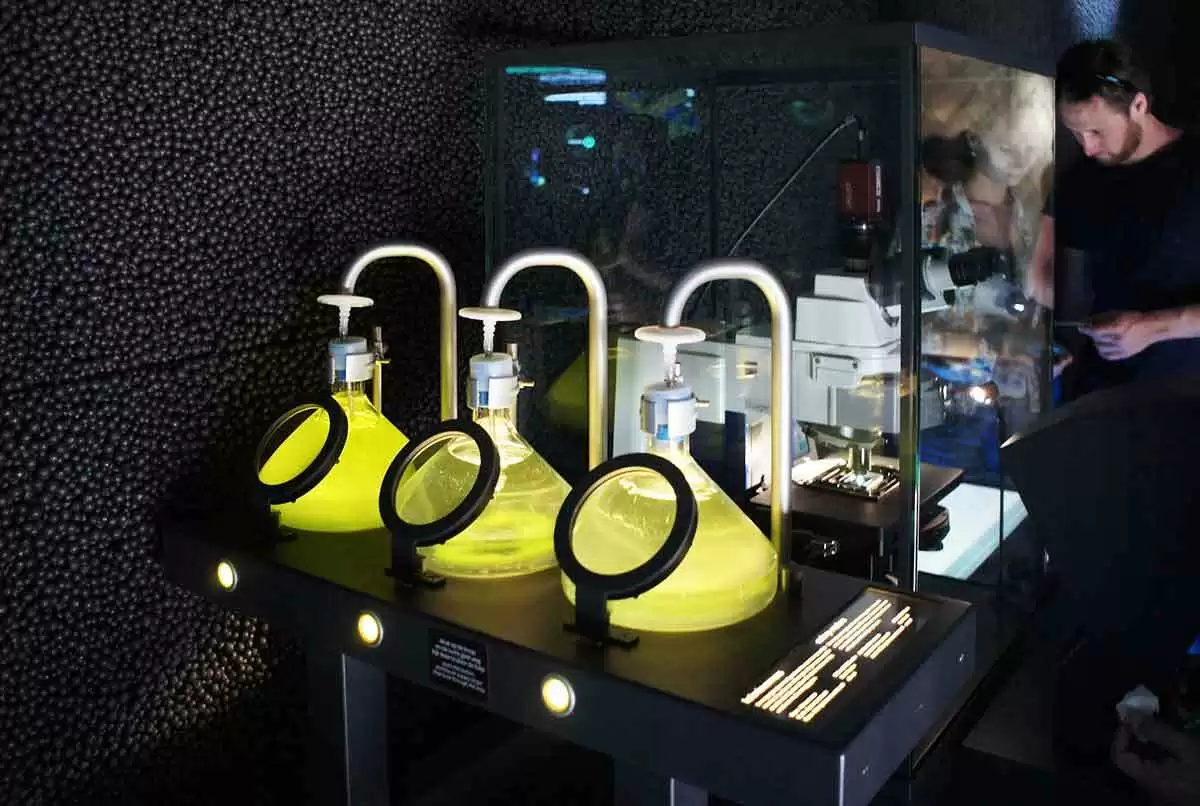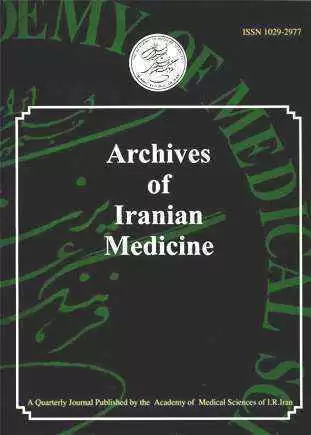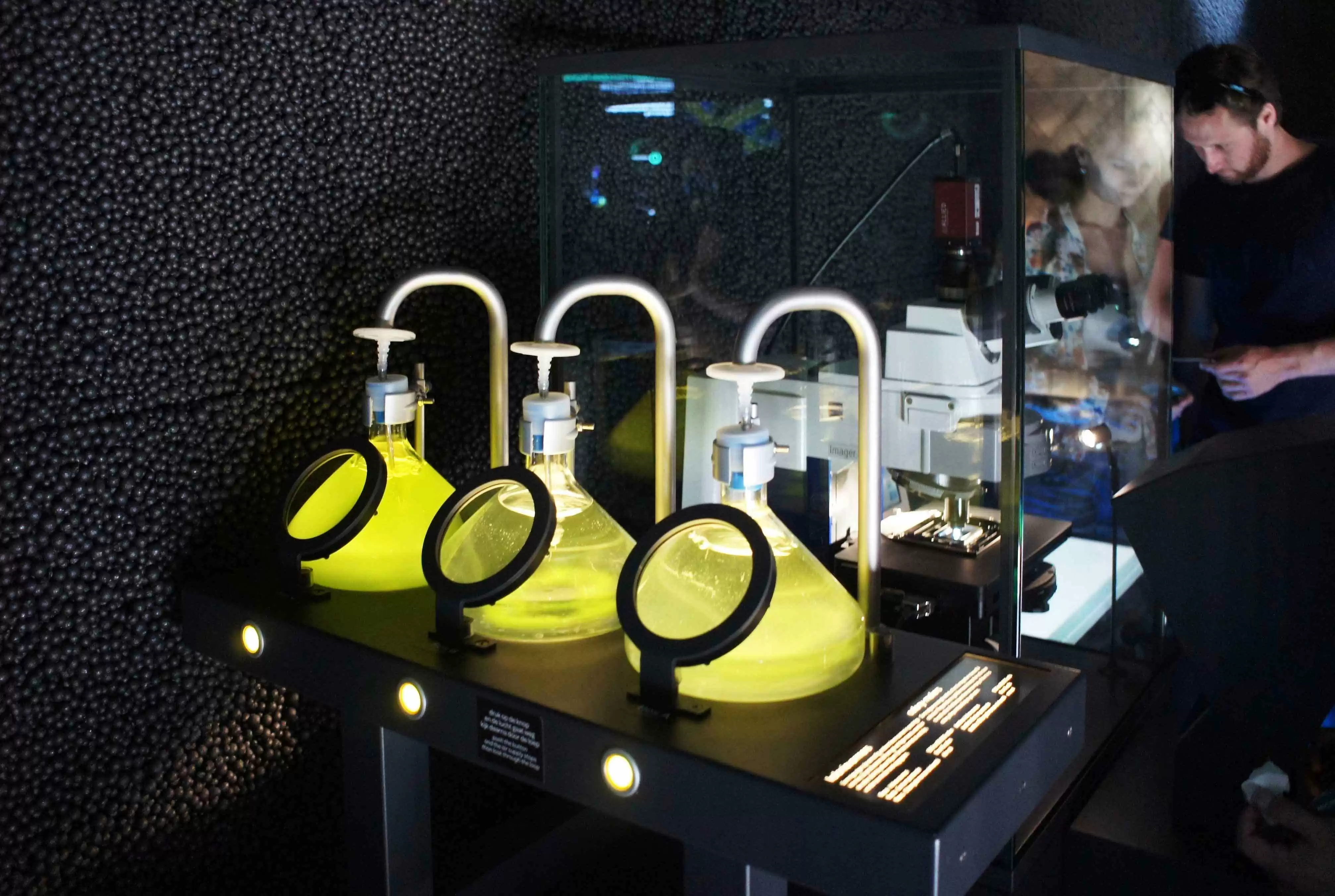
Celiac.com 01/27/2021 - Most folks with celiac disease know that it's an immune-mediated intestinal disease marked by lifelong intolerance to dietary gluten in people with certain genetic types. Researchers have long suspected that microbial infections or bacterial microbiota could be part of the trigger for celiac disease development, but there haven't been many good, focused studies on the subject.
A research team recently set out to assess microbial exposure and its impact on the risk of celiac disease development.
Celiac.com Sponsor (A12):
The research team included Ketil Størdal; Christian Kahrs; German Tapia; Daniel Agardh; Kalle Kurppa; and Lars C. Stene. They are variously affiliated with the Pediatric Research Institute at the Faculty of Medicine, University of Oslo in Oslo, Norway; the Department of Chronic Diseases and Ageing at the Norwegian Institute of Public Health, Oslo, Norway; the Department of Pediatrics, Østfold Hospital Trust, Grålum, Norway; he Lund University Hospital, Lund, Sweden; the Center for Child Health Research, Tampere University and Department of Pediatrics, Tampere University Hospital, Tampere, Finland; and the University Consortium of Seinäjoki and Department of Pediatrics, Seinäjoki Central Hospital in Seinäjoki, Finland
The team found 135 relevant studies, but most were cross-sectional, and subject to reverse causation and other biases. While there were a few prospective studies, the team's review emphasized group and longitudinal studies that have obtained biological samples prior to celiac disease onset.
They found that easy childhood infections correlated with an increased risk of subsequent celiac disease in nine studies, whereas maternal infections during pregnancy did not show a clear association.
The team found some links with the most frequently studied microbes, including four out of 16 studies Helicobacter pylori in four out of 16 studies, adenovirus in two out of nine studies, and enterovirus in two out of six studies.
Rotavirus infections have been tied to celiac development, and rotavirus vaccination may reduce the celiac disease risk. However, among the many studies of gut microbiota, most were cross-sectional, and potentially influenced by reverse causation.
The team found just two smaller prospective case-control studies with sampling before disease onset, and noted inconclusive findings regarding the fecal microbiome.
This study potentially links a number of different microbes celiac disease. Since microbial factors can be addressed with available treatments, the team is calling for larger prospective studies to better understand the links between microbe exposure and celiac disease, along with potential preventative treatment options.
Read more in Aliment Pharmacol Ther. 2020;53(1):43-62.









Recommended Comments
There are no comments to display.
Create an account or sign in to comment
You need to be a member in order to leave a comment
Create an account
Sign up for a new account in our community. It's easy!
Register a new accountSign in
Already have an account? Sign in here.
Sign In Now